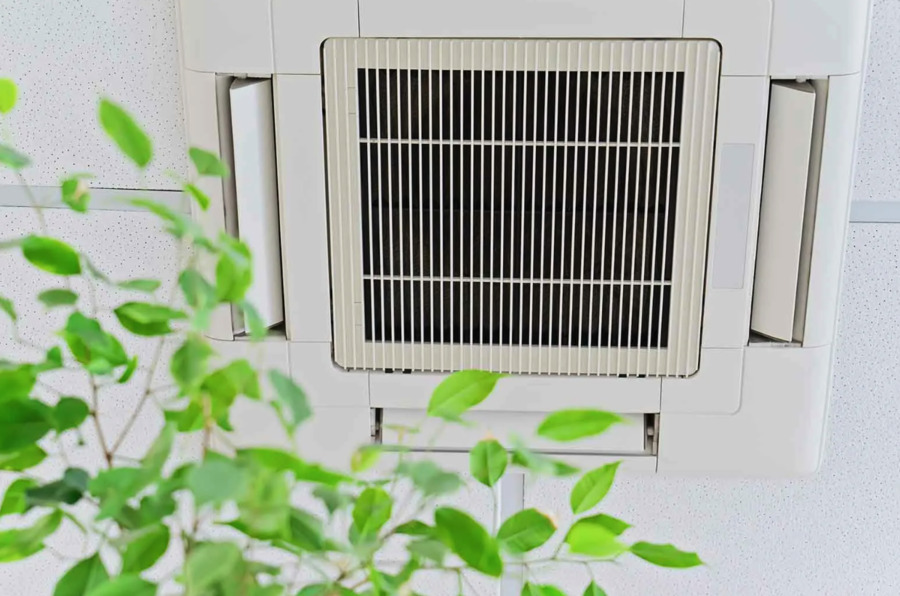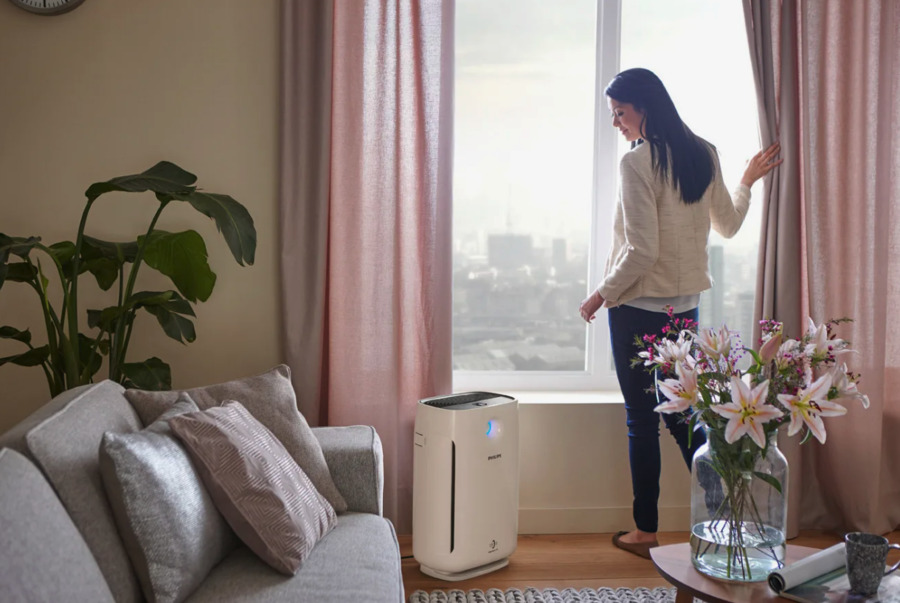Air is a critical, life-sustaining mixture of gases that envelops the Earth, constituting its atmosphere. It is predominantly composed of nitrogen, which makes up about 78% of the atmosphere, and oxygen, which constitutes about 21%. The remainder includes argon, carbon dioxide, and trace amounts of other gases such as neon, helium, methane, and krypton. Additionally, air contains variable amounts of water vapor, which affects weather patterns and climate. This complex composition is essential for various Earth systems and processes, including weather dynamics, the water cycle, and the overall climate system, playing a foundational role in sustaining terrestrial ecosystems and human civilizations.
The Necessity of Air for Life
Air’s significance extends beyond its physical presence; it is the elixir of life for most organisms on Earth. Oxygen, a key component of air, is vital for the metabolic processes of aerobic organisms. Through the process of cellular respiration, organisms use oxygen to break down food molecules to release energy, which is crucial for survival. On the other hand, plants and certain bacteria need carbon dioxide from the air for photosynthesis, a process that produces oxygen as a byproduct, thereby replenishing the atmosphere and maintaining an ecological balance. This interdependency between oxygen and carbon dioxide is a cornerstone of life, underscoring the air’s essential role in both the survival and proliferation of life forms.
Optimal Air Balance for Humans
For humans, optimal air quality means an environment where the air is rich in oxygen and free from excessive pollutants. This balance is critical in preventing health issues and ensuring physiological and cognitive well-being. Pollutants such as volatile organic compounds (VOCs), particulate matter, carbon monoxide, sulfur dioxide, and nitrogen oxides can severely disrupt this balance. These pollutants can originate from various sources, including vehicle emissions, industrial discharges, combustion processes, and even household activities such as cooking and cleaning. Maintaining a healthy balance involves not only managing pollution sources but also ensuring proper ventilation and air purification within living and working environments.

The Importance of Clean Air in Premises
The significance of maintaining clean air within both residential and industrial premises cannot be overstated. In industrial settings, clean air is essential not just for the health and safety of workers but also for controlling the quality of production processes and the integrity of the products manufactured. Contaminants can cause machinery to malfunction or degrade the quality of products like food and pharmaceuticals. In residential environments, clean air contributes directly to residents’ health, reducing the risk of diseases associated with poor air quality and enhancing overall life quality. Clean air in homes is particularly crucial for vulnerable groups such as children, the elderly, and those with pre-existing health conditions, who may be more susceptible to air quality-related health issues.
Health Problems from Indoor Air Pollution
Exposure to polluted air, especially indoors where individuals spend a significant amount of their time, can lead to numerous health issues. Respiratory conditions such as asthma, bronchitis, and chronic obstructive pulmonary disease (COPD) can be exacerbated or triggered by poor indoor air quality. Cardiovascular problems, including heart attacks and strokes, have also been linked to prolonged exposure to airborne pollutants. Furthermore, there is growing evidence suggesting that indoor air pollution can impact mental health, contributing to issues such as cognitive decline, anxiety, and depression. These health risks highlight the need for effective management and control of air quality in indoor environments.
Ways to Improve Indoor Air Quality
Improving air quality in both residential and office premises is essential for health and well-being. Effective strategies include:
– Dust Control: Regular cleaning to minimize dust accumulation helps reduce particulate matter and allergens in the air. This can involve routine vacuuming with HEPA filters, damp dusting to avoid raising dust into the air, and decluttering spaces to reduce dust traps.
– Filter Contamination Control: HVAC systems play a crucial role in maintaining indoor air quality by filtering out pollutants. Ensuring these filters are regularly cleaned or replaced can prevent the circulation of contaminants and maintain system efficiency.
– Air Humidity Control: Managing humidity levels is critical in preventing the growth of mold and mildew, which can significantly degrade air quality. Using dehumidifiers in damp areas and maintaining indoor humidity levels between 30% and 50% are effective ways to manage air quality.

The Importance of Conducting Air Tests
Regular air quality testing in both industrial and residential premises is crucial for maintaining safe and healthy environments. These tests help identify the presence of pollutants and assess ventilation effectiveness, providing essential data that can guide improvements and interventions. Regular testing is also a compliance requirement in many industries, ensuring that operations do not adversely affect worker health and are in line with environmental standards.
Methods of Testing Indoor Air Quality
Several techniques are available for assessing indoor air quality, including:
– Visual Inspections: These are used to identify potential sources of pollution, such as mold growth or water damage.
– Sampling and Analysis: Air samples can be collected and analyzed in laboratories to identify and quantify specific contaminants.
– Monitoring Equipment: Advanced sensors and devices can continuously monitor air quality, detecting fluctuations in pollutant levels and providing real-time data for immediate action.
Judux: Leading Air Quality Testing in the UAE
Judux stands out as a leader in air quality testing in the UAE, renowned for its expertise and comprehensive approach in both residential and office premises. With state-of-the-art equipment and a team of experienced professionals, Judux provides reliable and accurate air quality assessments, helping to ensure that environments are not only safe but also conducive to health and productivity.
Why Entrust Air Testing to Judux
Choosing Judux for air quality testing is a prudent decision due to their commitment to excellence and precision. Their rigorous testing procedures, coupled with expert analysis, provide invaluable insights into the air quality of a space, empowering homeowners and business managers to make informed decisions about air quality management. This expertise is particularly crucial in regions like the UAE, where extreme temperatures and urban pollution can severely impact indoor air quality.
Conclusion
In conclusion, air is not just a mere mixture of gases; it’s a fundamental resource that sustains life on Earth. Ensuring its cleanliness in our living and working environments through regular testing and proactive management is essential for maintaining health and enhancing the quality of life. Entrusting air quality testing to professionals like Judux ensures thorough and reliable management of this precious resource.

I am a Junior Web Developer for Oswald Technologies. I am an accomplished coder and programmer.



